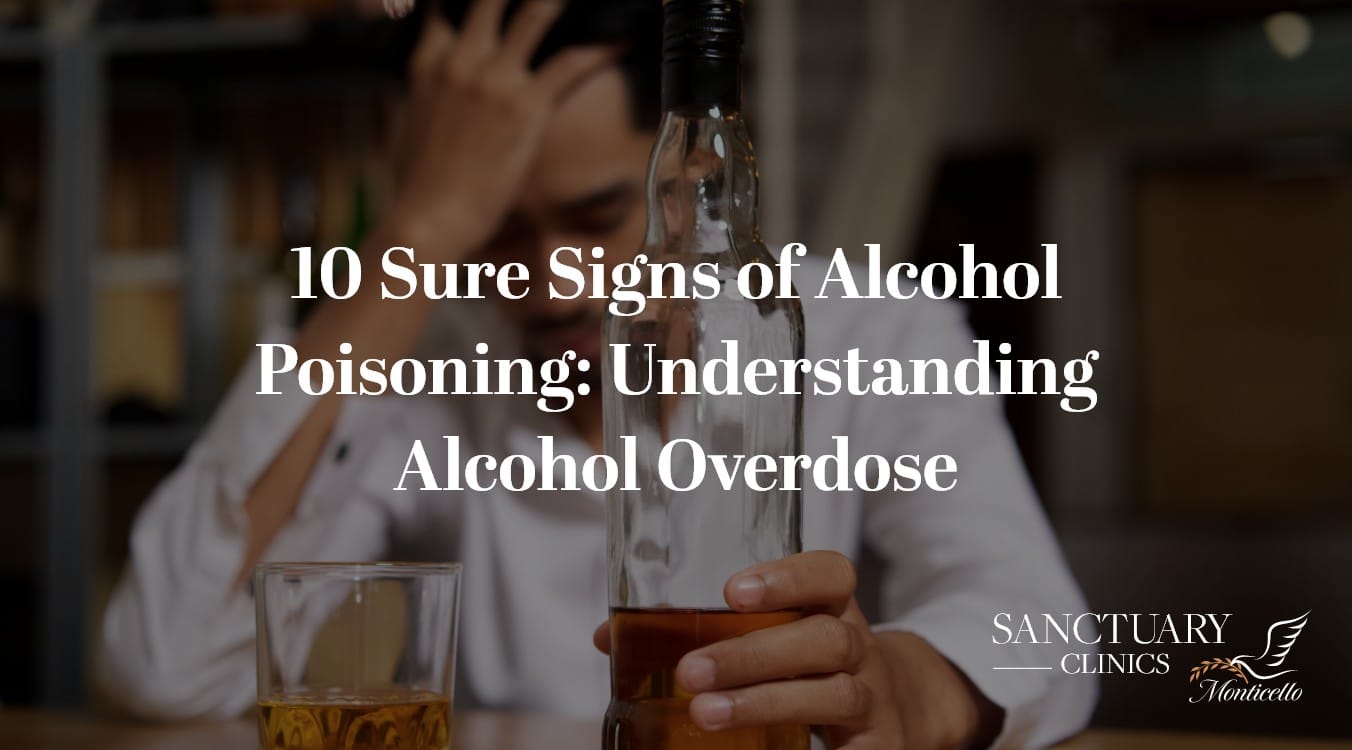Benzodiazepines (benzos) are a depressant and a sedative, typically used to treat anxiety and insomnia.
Benzos are not intended to be taken long-term as they’re highly addictive, extended use can lead to both physical and psychological dependency.
Withdrawal symptoms range from a return of the symptoms the benzos were initially prescribed to treat to physical symptoms, such as nausea, diarrhea, sweating, heart palpitations, muscle pain and seizures. If you are using benzos prescribed by a doctor, you must carefully follow your doctor’s orders. Benzo withdrawal should not be taken lightly.
At Sanctuary Clinics, we understand how to help regulate your system through withdrawal. If you or someone you love needs help, don’t hesitate. Call NOW!
Common Benzo Medications
Benzos come in different forms and are sold under different names. Here are some of the most commonly prescribed benzodiazepines used to treat anxiety:
- Klonopin
- Librium
- Xanax
- Valium
- Serax
- Activan
- Tranxene
Here are some of the most commonly prescribed benzodiazepines to treat insomnia:
- Dalmane
- Restoril
- Prosom
- Halcion
Benzos on the Street
Benzodiazepines are sold on the streets, sometimes in counterfeit packaging but most commonly as loose pills, referred to in slang terms like vallies, blues and benzos. Because of their addictive qualities, using them recreationally or without a doctor’s supervision is very dangerous.
Quite often, benzo abuse is combined with abusing other drugs or alcohol. This is called poly-drug benzo abuse and can make withdrawal symptoms much worse.
At Sanctuary Clinics, we specialize in treating people with multiple addictions such as poly-drug benzo abuse. Don’t go this alone! Let us help you. Call NOW!
Benzo Withdrawal Timeline
Withdrawal experiences differ from person to person, depending on your physical make-up, how long you have been using benzos, how much you were taking, whether any other drugs or alcohol are involved, any medical issues you may have, and the method you used to take benzos. Withdrawal usually starts within 24 hours and can last anywhere from a few days to a few months.
It is highly recommended that benzo withdrawal be managed under medical supervision. Do not try to do it on your own. Call Sanctuary Clinics. Let us help you.
Early Withdrawal Symptom Timeline
Early withdrawal symptoms can start anywhere between a few hours to a few days after cessation of the drug’s use, depending on the strength and duration of the doses taken. Initial symptoms include a reprisal of the conditions the benzos were suppressing, insomnia or anxiety, for instance.
This stage typically lasts a few days and can be mitigated by tapering off the drugs under medical supervision.
Acute Withdrawal Symptom Timeline
The worst part of the withdrawal experience, this phase of withdrawal begins after those first few days and can last anywhere from a couple of weeks to months. This phase can be accompanied by:
- Cognitive symptoms – brain fog, short-term memory loss, insomnia, hallucinations, and difficulty concentrating
- Physical symptoms – muscle spasms, tight muscles, vomiting, diarrhea, low appetite, weight loss, fuzzy vision, seizures, shaking, and cravings
- Emotional symptoms – panic, anxiety, mood swings, agitation, and thoughts of suicide
At Sanctuary Clinics, treatment during this phase may include the use of medications to help alleviate some of the more difficult symptoms. Community is also important to the process—individual and support group therapy sessions encourage and support you through the wide range of symptoms. You’re not alone.
Get Help Today.
We are here to help you through every aspect of recovery.
Let us call you to learn more about our treatment options.
We are here to help you through every aspect of recovery. Let us call you to learn more about our treatment options.
Protracted Withdrawal Timeline
Protracted withdrawal affects roughly ten percent of people. It is brutal—and can last months or even years.
Symptoms of protracted withdrawal include:
- Cognitive symptoms – insomnia, and brain fog
- Physical symptoms – tingling in extremities, and twitching muscles,
- Emotional symptoms – anxiety, depression, and mood swings
During this time, professional mental health services such as those offered at Sanctuary Clinics are imperative.
Therapy and counseling go a long way in helping alleviate protracted withdrawal symptoms. Quite often, a mental health issue is also present. This is called a co-occurring disorder.
Benzo Addiction and You
Studies have shown that neuropsychological function can be permanently damaged by long-term benzodiazepine abuse.
Conditions similar to alcoholic brain damage have been observed, including cognitive impairment and memory loss. With long-term use, your brain becomes dependent on the benzos to the degree that quitting cold-turkey is dangerous.
The safest way to deal with a benzo addiction is to enroll in a medical detox and treatment program.
At Sanctuary Clinics, we are particularly equipped and experienced to treat benzo withdrawal and dual diagnosis. Don’t go this alone. Let us help you find freedom! Call NOW!
Get Help Today.
We are here to help you through every aspect of recovery.
Let us call you to learn more about our treatment options.
We are here to help you through every aspect of recovery. Let us call you to learn more about our treatment options.








